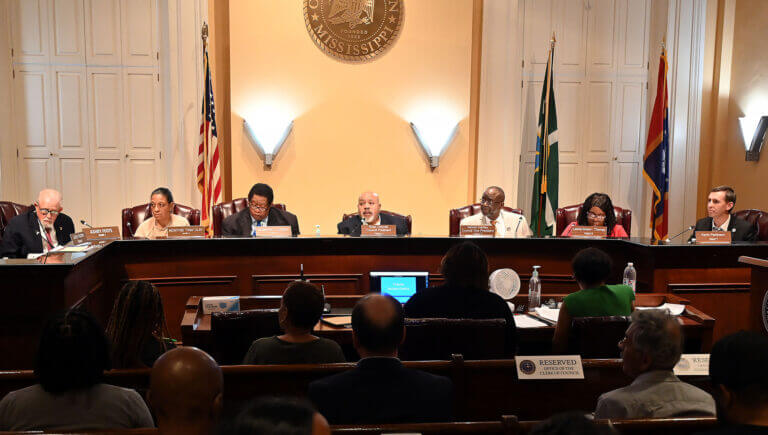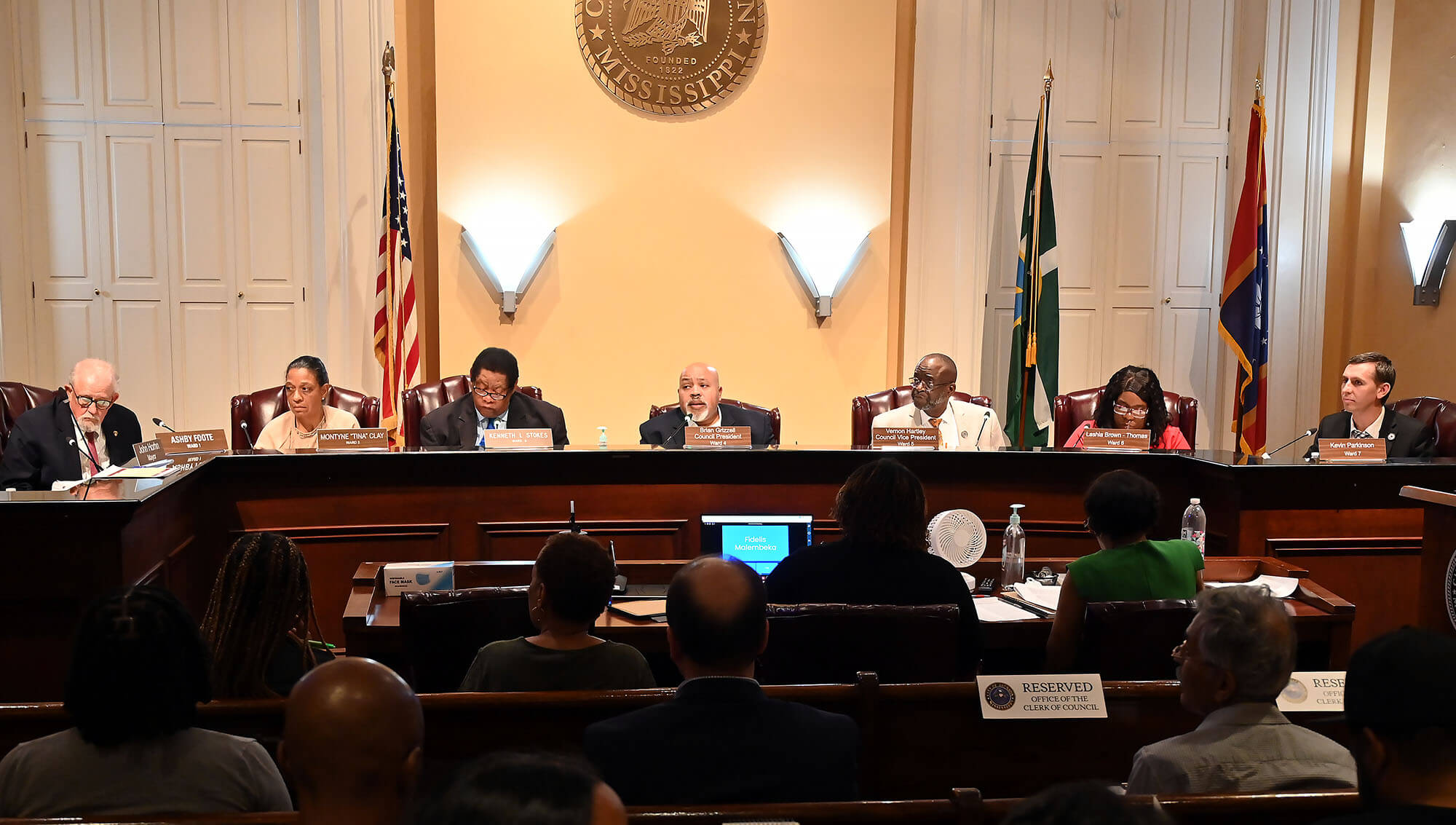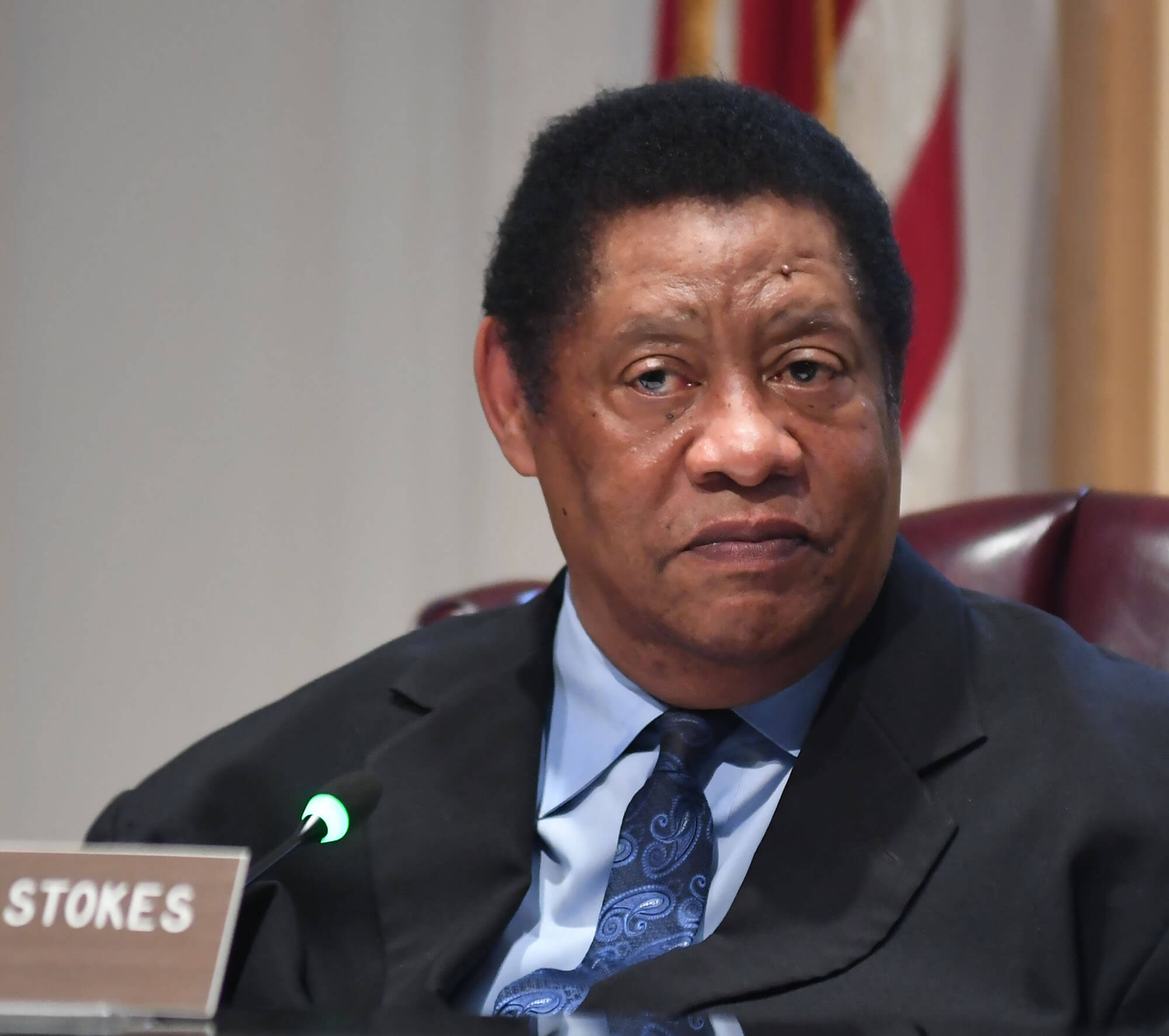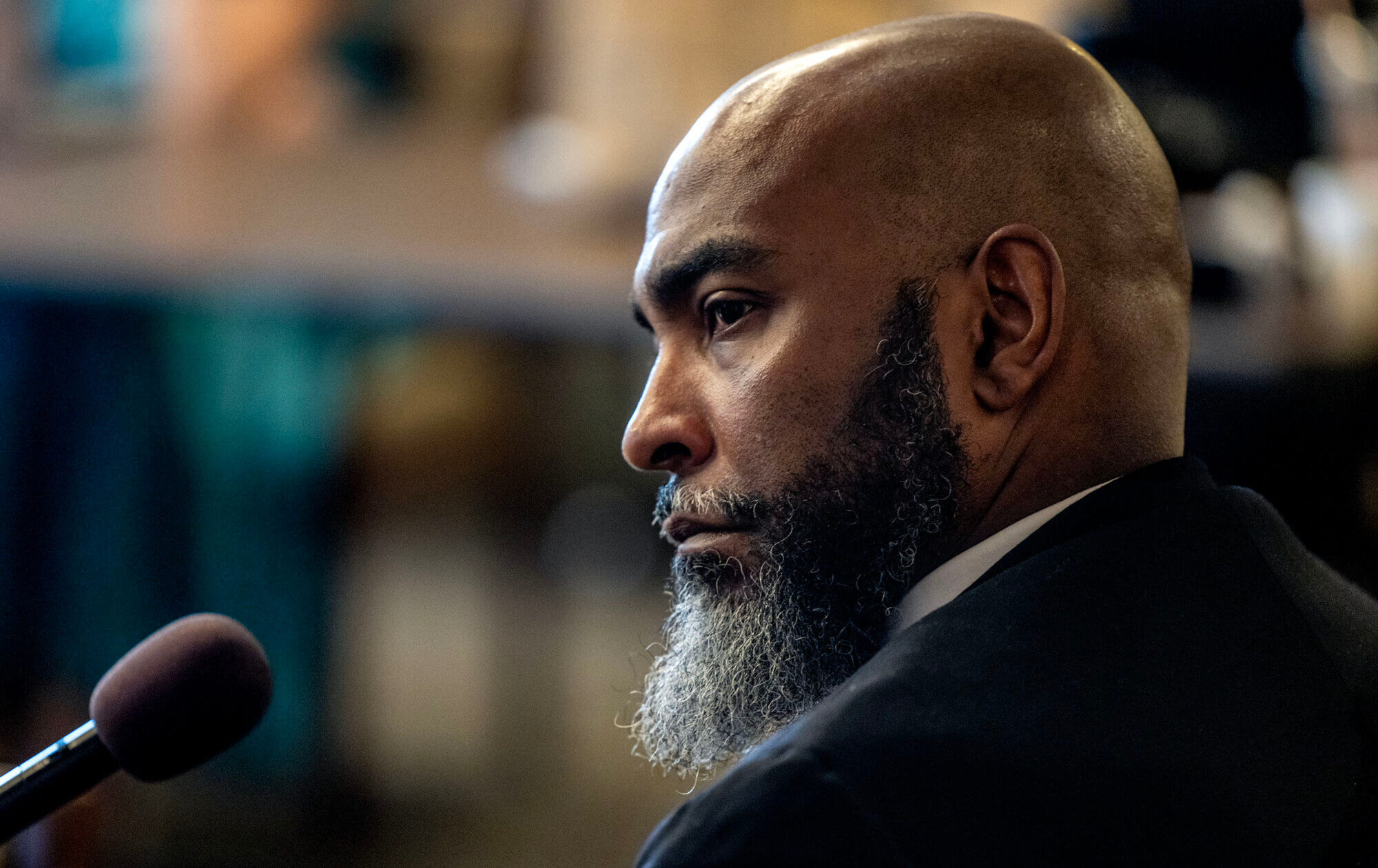

Councilman Kenneth Stokes says he doesn’t want youth crime – which he describes as rampant in his central Jackson ward – to “spread to all over the city.”

This concern prompted the longtime Ward 3 councilmember to reintroduce a youth curfew to tamp down on “nocturnal mischief.” The ordinance, passed Tuesday, bars those under the age of 18 from tarrying on streets or highways, in a park, vacant lots or at establishments after 10 p.m. on weeknights and midnight on weekends or during school hours. It contains a few exceptions, such as running an errand for a parent or being en route to or from academic, volunteer or religious activities.
“If we don’t save them, you might be the next victim,” Stokes said.
The council unanimously passed the ordinance with little discussion on Tuesday night. But it remains to be seen if Jackson can enforce it as the city currently lacks a place for the Jackson Police Department to take children who violate the curfew, according to Pieter Teeuwiseen, the city’s chief administrative officer.
Stokes suggested JPD take the children to the Henley-Young-Patton Juvenile Justice Center.
“We got a whole youth detention center right down the street in front of the post office,” he said. “Let’s utilize it. We had the lieutenant governor trying to give us the county jail. What we can’t do is make excuses.”
But a federal juvenile justice law prohibits locking up youth who commit what’s called a “status offense” — a non-criminal act such as violating a curfew that is illegal solely because of the offender’s age — in a secure detention facility.
The city could hold a child who violates the curfew in a community room at Henley-Young, but the child must be free to leave, according to Melissa Milchman, executive director of the Coalition for Juvenile Justice, a Washington-base nonprofit that assists states in complying with the Juvenile Justice and Delinquency Prevention Act.
“This gets very tricky,” Milchman said. “If they are going onto the secure side of the facility, that’s a violation. If they are hanging out in the community room where staff hang out and they are free to leave, it’s not a violation.”
Youth Court Judge Carlyn Hicks said state law further complicates the matter. Status offenders cannot be held in detention without a valid judge’s order, per state statute.
“I plan to follow the letter of the law,” she said.
Hicks told the council last year that she considered the ordinance “unenforceable,” so JPD did not enforce it last year.
Before passing the ordinance, Ward 5 Councilman Vernon Hartley asked if “everything (is) legally sufficient here” and City Attorney Drew Martin indicated it was.
In general, research has shown that youth curfews do not affect crime rates.
“It’s putting resources toward the lowest level of offense, not even a misdemeanor,” Milchman said. “It’s taking away the most critical resource a city has to commit to violence and victimization and distracting them on things that are not crime.”
Jackson has historically struggled to enforce a youth curfew, according to archival newspaper reporting. In 2003, the Northside Sun reported that youth court officials found it difficult to know if a teenager was “in the wrong” for being out at night or if they simply were coming home from work.
In 2011, the city tried to find a place for the children that was not Henley-Young. As part of the federal government’s longrunning consent decree against the facility, the detention center had been cited for putting youth who had violated the curfew in the same building as criminal offenders.

Teeuwissen raised the issue of where to take the children during a work session earlier this week. On Monday, he told the council that the city would have to find a “non-detention facility” to put the children.
“This is probably a foolish question, but is it possible to just bring them home?” Ward 7 Councilman Kevin Parkinson asked.
Interim JPD Chief and Hinds County Sheriff Tyree Jones said he “wouldn’t recommend that.”
“It goes into technically, ‘Are they in custody?’ And once they are in our custody, we assume responsibilities and liabilities involved,” he said.
This exchange led Teeuwissen to suggest the council involve Hicks in the discussion, but as of Tuesday night, the council had not asked Hicks about reinstituting the ordinance.
- Former Greenwood police officer pleads guilty to federal drug trafficking charges - February 27, 2026
- UMMC officials say normal operations will resume Monday after cyberattack - February 27, 2026
- Hinds County public defender: Office needs additional funding to avert constitutional crisis - February 27, 2026